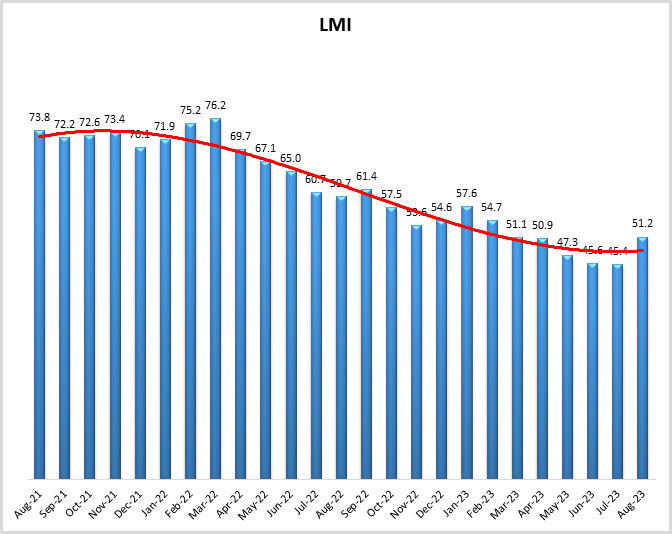Nearly half of supply chain leaders surveyed have dramatically accelerated spending on digital technologies to make their operations more responsive and forward-looking during the pandemic, according to an industry report released Wednesday, April 14th by MHI in collaboration with Deloitte.
Cloud computing, robotics, and inventory/network optimization tools saw the biggest jump in terms of supply chain investment, with 49% of survey respondents increasing spending, according to the 2021 MHI Annual Industry Report, “Innovation Driven Resilience: How Technology and Innovation Help Supply Chains Thrive in Unprecedented Times,” which provides new insights into trends and technologies that are having a dramatic business impact on supply chains and the people who run them.
A great majority of respondents, 83% believe digital supply chains will be the predominant model within just five years – 22% believe they are now.
Supply Chain Technologies are Driving Resiliency
According to this year’s respondents, nearly all the advanced digital technologies covered by the survey are expected to achieve widespread adoption within the next 3-5 years.
- Cloud computing and storage have the highest current adoption rate at 57%. Adoption is expected to grow to 88% over the next 3-5 years.
- Robotics and automation, currently at 38%, is expected to reach 76% in the next 3-5 years
- Predictive Analytics, currently at 31%, is expected to grow to 79% in the next 3-5 years
- Industrial Internet of Things, currently 27%, is expected to grow to 73% over the next 3-5 years
- Artificial Intelligence, currently at 17%, is expected to grow to 62% in the next 3-5 years
- Talent Shortage, Customer Demands, and Disruption are Top Supply Chain Challenges
When it comes to supply chain challenges, respondents continue to report that their organization’s greatest challenge is hiring and retaining qualified workers at 52%. Close behind is the category of customer requirements in which customers continually expect and demand faster response times and lower costs. Digital innovation is essential to solving this customer experience challenge, but the technologies cannot be implemented without a skilled workforce to run them. Supply chain disruption was also a major challenge at 39%.

“Supply chain resilience has never been more important. Companies that made investments in digital technologies prior to the pandemic were more prepared and able to adapt, survive, and even thrive during this disruption. They will also be ready when the next crisis inevitably hits,” John Paxton, CEO of MHI.











